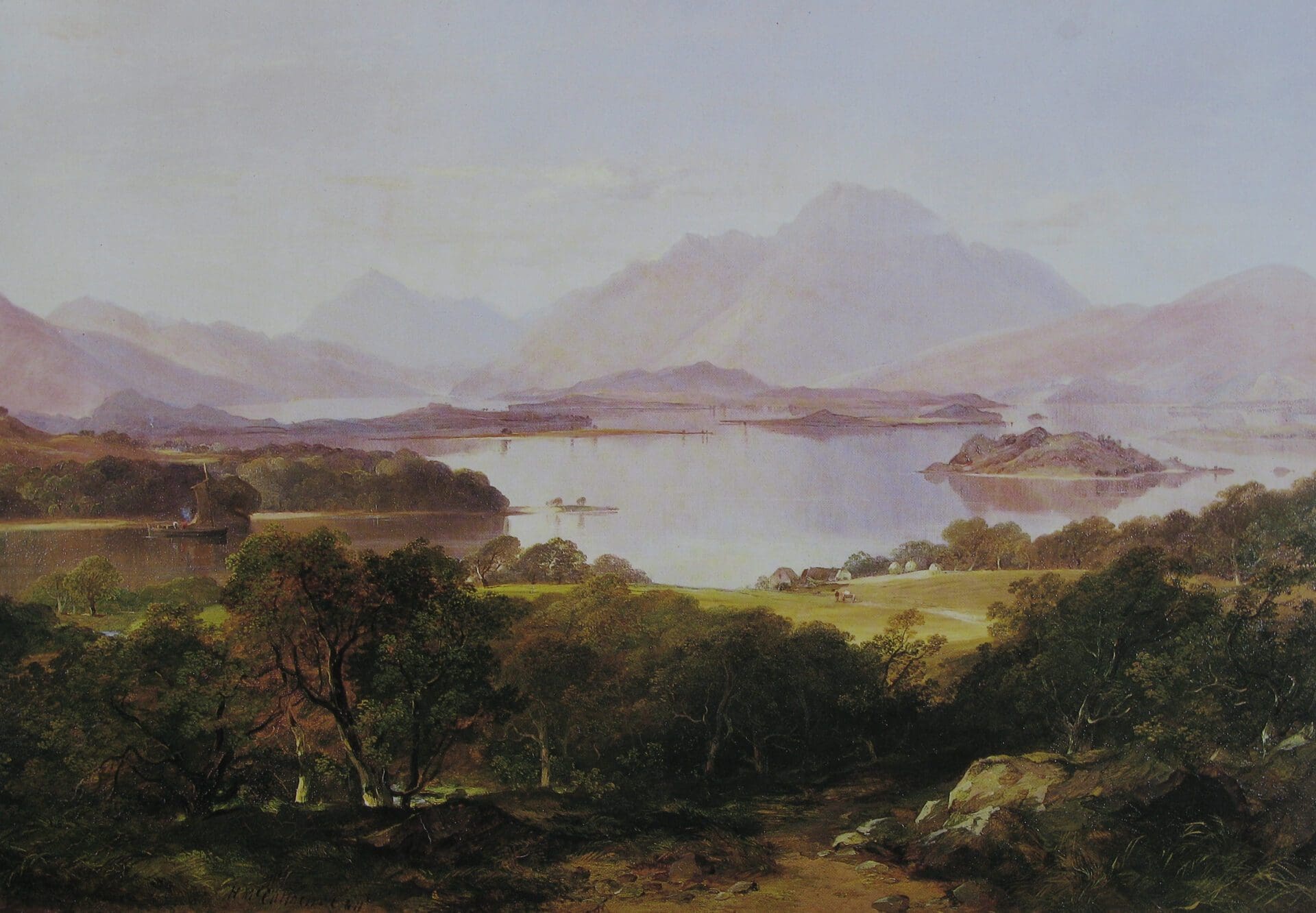British philosopher and author Roger Scruton is an emblematic figure for Hungarian conservatives. Shortly before the passing of the prominent philosopher, Prime Minister Viktor Orbán presented him with the Order of Merit of the Republic of Hungary, Middle Cross. As a tribute to the late Sir Roger Scruton, a chain of coffee shops named after him have recently opened in Budapest, displaying his books and memorabilia donated by his widow.
Much of Sir Roger Scruton’s academic career focused on aesthetics. To promote his ideas, in 2009 Scruton participated in the production of a documentary on beauty for the BBC. Why Beauty Matters received an overwhelmingly positive reception, with Roger Scruton receiving hundreds of congratulatory letters from viewers for ‘saying what needs to be said‘ about the importance of beauty in our everyday lives. The central idea of the film is that beauty is not a purely subjective thing, but a universal need of human beings, therefore, contempt for beauty also means losing the meaning of life. The documentary begins with Roger Scruton’s strong statement: ‘I think we are losing beauty, and with that we are in danger of losing the meaning of life’.
For 2,000 years humans have pursued beauty
Roger Scruton argued both in his documentary and in his academic works that for 2,000 years humans have pursued beauty—in art, in architecture, and in shaping the human environment in general. Art used to recognise that suffering and chaos are part of human life and offered beauty as a remedy to find joy and meaning in life. However, in the 20th century, art turned its back on beauty, and as a result, people found themselves surrounded by ugliness. Rather than maintaining that there is a remedy for the chaos in life (which is beauty), modern art believes that there is no such thing. The randomness of modern life should be displayed instead of redeemed. Modern artistic experiments display life as it is—in its chaos, randomness and ugliness, instead of trying to talk about the meaning of life through beauty, as art attempted to do before the 20th century, Sir Scruton believed.
Modern art claims that beauty is in the eye of the beholder, so instead of creating beauty, it tries to catch the attention of viewers with its originality. As a result, as Roger Scruton says, art has lost its aesthetic value. Since in modern art only the originality of the idea matters, and not the exalted, transcendental representation of reality, anything can be art and anyone can do it. Art does not require skills or taste, it is entirely subjective, so a work of art does not need to be considered universally beautiful. To demonstrate the point, Roger Scruton contrasts Eugène Delacroix’s painting of an unmade bed with Tracey Emin’s unmade bed, and argues that while the former is art, the latter is just an unmade bed. The difference is that while Delacroix transformed the unmade bed through art and beauty into a representation of the human condition, Emin’s installation is just an unmade bed without the intent to do anything more than depict life in its crudeness. While Delacroix’s art makes the ugliness of an unmade bed beautiful, Emin’s installation shares the ugliness of what it represents.
There is a tension between usefulness and beauty
Else than the conflict between originality and beauty, there is also a tension between usefulness and beauty. In a consumer society, argues Roger Scruton, usefulness is placed as a higher value than beauty. This is especially apparent in architecture—the aesthetics of buildings was a very important concern of Scruton. As architecture’s focus shifted to usefulness, buildings started to be designed only to fit the purpose they serve, and any ornamentation started to be seen as a crime. Abandoned brutalist office buildings and carparks, however, demonstrate that considering only the practicality of architecture with no attention to beauty will render buildings useless with time. Beauty which appears to be useless and impractical at first sight, in the long run can give buildings purpose or meaning—simply by making it pleasant for people to stay in them, thanks to the harmony that ornaments create.
Roger Scruton’s documentary Why Beauty Matters is rightfully considered to be an important explanation of why humans need beauty in their lives. The contrast he makes between the beauty of pre-20th century art and the ugliness of modern art is visually striking. The documentary not only encourages viewers to seek beauty in art, however. Why Beauty Matters is also a call to look for beauty in our everyday lives—to take time to appreciate our loved ones, the harmony of traditional architecture that surrounds us and the calmness of sublime nature. Why Beauty Matters reminds us that in order to have beauty in our lives, we have to take the time to look for it.
Related Articles:








